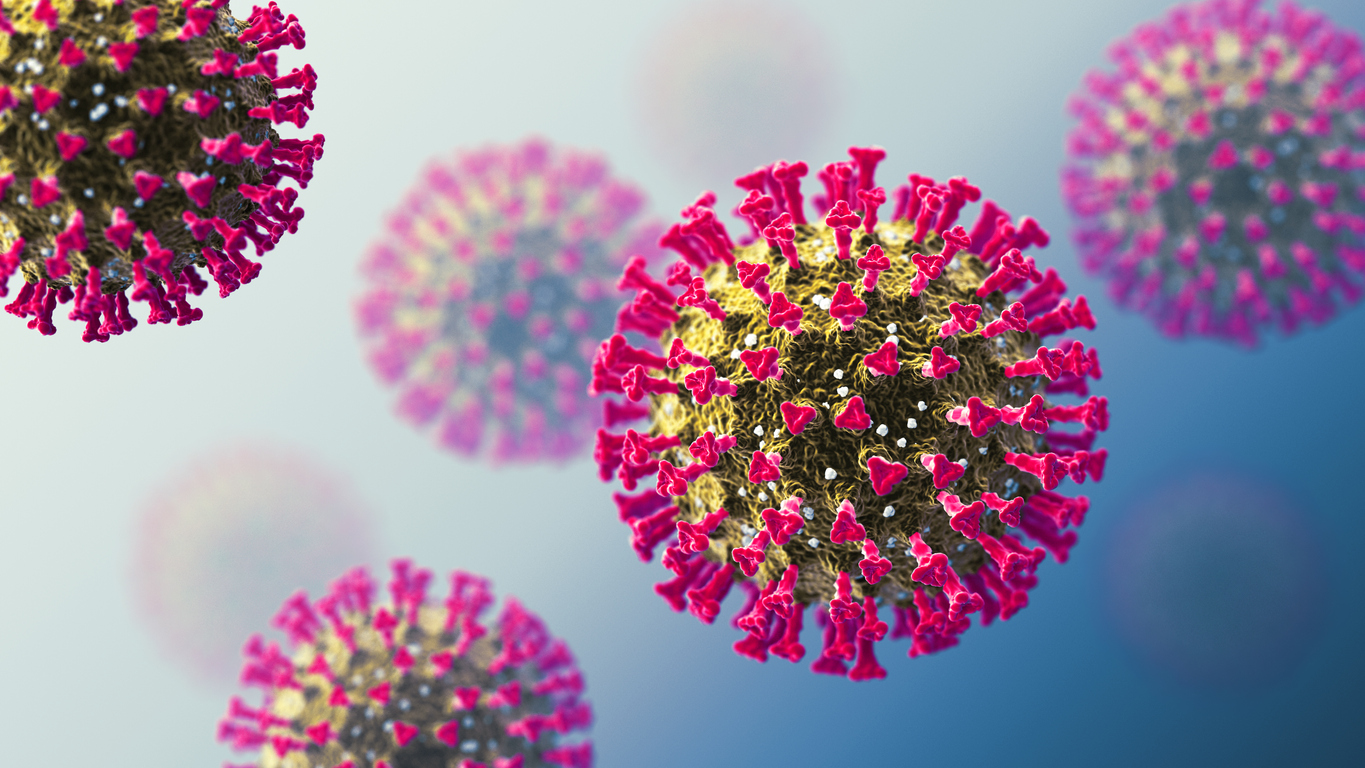As I write this, we are on the verge of entering potentially more lockdowns due to the spread of the Omicron variant. As the cute phrase goes, ‘it’s like dejavu all over again’ and I’m sure you have seen in the pharmacy and elsewhere the effects of ‘Covid fatigue’ among people around you.
This will, of course, hamper compliance with any fresh restrictions imposed. Naturally, it’s important to stay vigilant, especially for healthcare providers. But there are certain facts emerging regarding Omicron that are
not as widely reported as they should be.
Just to be clear: I am not a ‘Covid denier’. Covid is real and for the first month or two after March 2019, we simply didn’t know what we were dealing with and how lethal it might be. Nor am I an ‘anti-vaxxer’. Vaccinations have been a revolution in public health. Nor do I believe Bill Gates is inserting nanobots into vaccines in order to control our spending habits/monitor our movements/etc.
However, we should also be wary when the term ‘anti-vaxxer’ is thrown around lightly — it is an ‘abracadabra’ term, often used to instantly discredit someone who may or may not have a valid evidence-based question or point to make. Terry Maguire put it better than I could in a recent column, where he bemoaned the lack of cool-headed scientific debate around the efficacy of the use of masks during Covid-19.
So now we have the Omicron variant. The ‘panic button’ has been pressed, despite many indications so far that it is much milder and less dangerous than the Delta variant. Still, as I write, the UK is considering another lockdown and Irish health authorities and politicians have decreed that pubs and restaurants must close at 8pm, which presumably is the time of the evening when Omicron comes out to play. The public must be sick of such seemingly nonsensical contradictions in logic — remember way back, when we were being told face masks were of little use? Some people still remember that.
Then there’s Dr Angelique Coetzee, a private practitioner and chair of South African Medical Association and one of the first to discover Omicron. Dr Coetzee is hoarse telling anybody who will listen that patients with Omicron have “very, very mild symptoms and none of them [doctors] so far have admitted patients to surgeries. We have been able to treat these patients conservatively at home”. This comes after a recent announcement that over 750,000 people in the UK have missed a cancer diagnosis since the start of the pandemic. The impact of missed diagnoses, delayed elective surgery and other procedures for our population here is yet to be determined, but in all likelihood the figures will be alarming.
Is it time to take a step back from the situation and consider the wider impact of more restrictions on our economy, mental health and wellbeing of our population, in the face of a far milder variant? As I write, only a handful of people worldwide have died from, or with, Omicron. Am I missing something? Set me straight at the email address at the top of the page.







